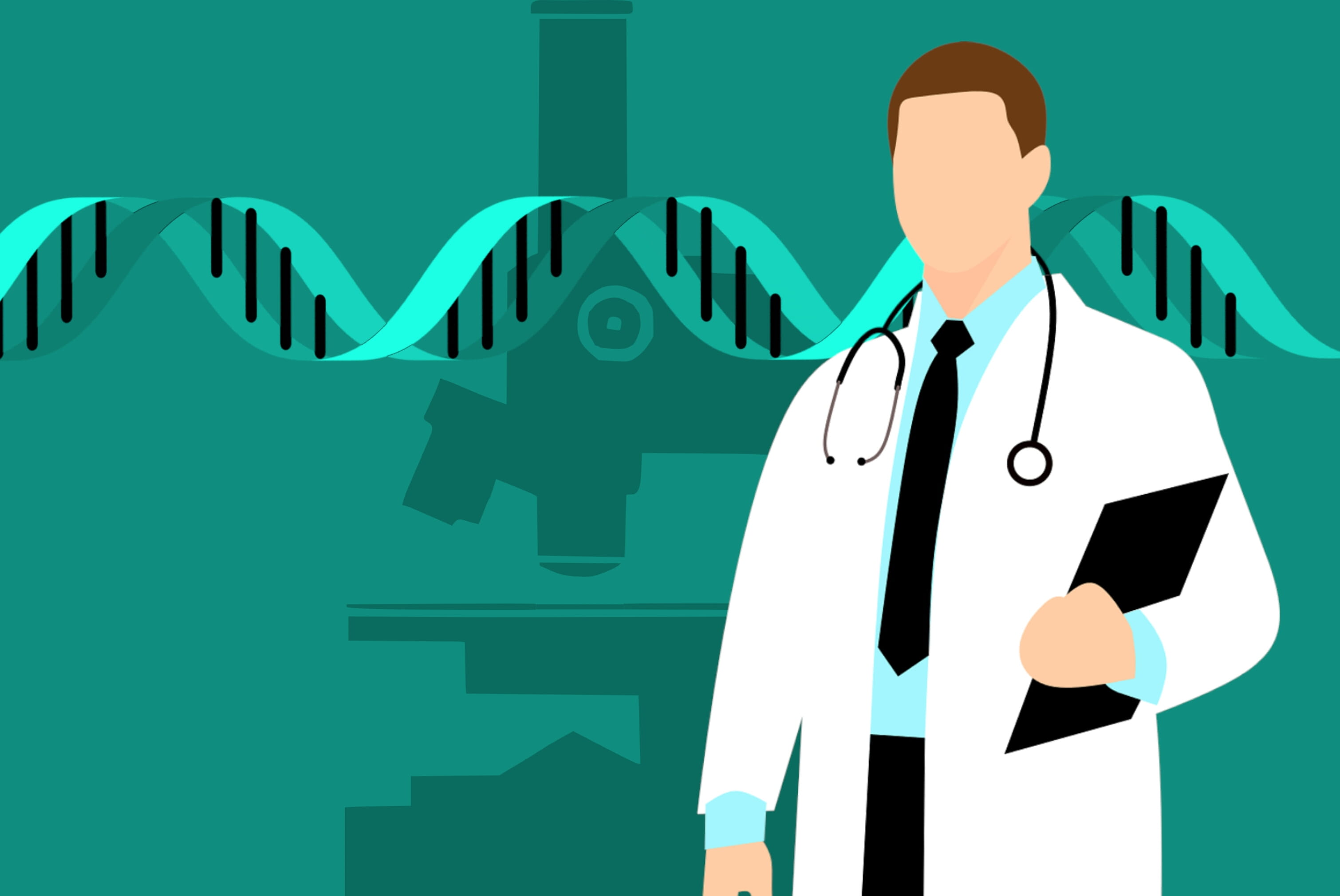Nashville's Evolving Landscape of Behavioral Health: A Community in Focus

Strong 8k brings an ultra-HD IPTV experience to your living room and your pocket.
Nashville, the vibrant heart of Tennessee, is known for its music, culture, and booming economy. However, like any growing urban center, it faces significant challenges, particularly when it comes to the mental well-being of its residents. Behavioral health, encompassing mental health and substance use disorders, is a critical component of overall community health, and Nashville is actively working to address its complex needs nashville behavioral health.
The Current Picture: What Nashville Faces
Data from Nashville and Davidson County reveals a pressing need for robust behavioral health services. Reports indicate that Davidson County residents experience more "poor mental health days" than the state or national average – an average of 5.3 days per month, according to NashvilleHealth. Issues like anxiety, depression, and substance use disorders are prevalent, affecting individuals across all demographics and income levels. In 2021, over 937,000 adults in Tennessee experienced a mental condition, highlighting a statewide challenge that includes Music City.
Key challenges in Nashville's behavioral health landscape include:
Workforce Shortages: A significant lack of qualified mental health professionals, including psychiatrists, psychologists, and counselors, creates a bottleneck for those seeking care. Nearly all of Tennessee is classified as a mental health professional shortage area.
Stigma: Despite increasing awareness, the stigma surrounding mental illness remains a powerful deterrent, preventing many from seeking the help they need due to fear of judgment or discrimination. This is particularly true in some communities, where cultural or historical factors may lead individuals to "tough it out" or rely solely on spiritual support.
Access and Affordability: While many insurance plans offer some behavioral health coverage, limitations, high out-of-pocket costs, and the complexity of navigating insurance can make care inaccessible for many. Uninsured or underinsured individuals face even greater hurdles, with therapy sessions potentially ranging from $100-$250+ without insurance.
Integration of Care: Connecting behavioral health services with primary care is crucial for holistic well-being, but widespread adoption of integrated models still faces systemic challenges.
Burnout Among Providers: The emotional demands of behavioral health work contribute to high rates of burnout among professionals, impacting the quality of care and leading to a potential exodus from the field.
Nashville's Response: Initiatives and Resources
Despite these challenges, Nashville is home to a growing network of dedicated organizations and initiatives working to improve behavioral health outcomes. Here are some examples of the resources available:
Major Healthcare Systems: Institutions like Vanderbilt Behavioral Health and TriStar Health offer comprehensive services, including inpatient, outpatient, and emergency psychiatric care for all ages, often with 24/7 crisis assessment. Rogers Behavioral Health also has a presence in the Nashville area (in nearby Brentwood), offering specialized programs for depression, eating disorders, OCD, and anxiety.
Public Health Services: The Metro Public Health Department provides free mental health counseling and screenings, serving as a vital resource for those with limited means. Contact them at 615-340-2172.
Community-Based Organizations: Groups like NAMI Tennessee (National Alliance on Mental Illness) and NAMI Davidson Co. offer crucial support groups, advocacy, and educational resources for individuals and families affected by mental illness. Mental Health America of Middle Tennessee also provides valuable support.
Crisis Support: Immediate help is available through services like the 988 Suicide & Crisis Lifeline (call or text 988), the TN Dept of Mental Health 24 Hr Crisis line (855-274-7471), and the local Mobile Crisis Line (615-726-0125). Mental Health Cooperative offers emergency psychiatric services and walk-in centers for immediate evaluation at 250 Cumberland Bend, Nashville, TN 37228.
Substance Use Resources: The Tennessee REDLINE provides 24/7 information and referrals for alcohol, drug, and problem gambling issues (call or text 800-889-9789). Many organizations offer recovery programs like AA, NA, and SMART Recovery.
Support for the Uninsured: The Tennessee Behavioral Health Safety Net offers services for uninsured and underinsured individuals aged 3 and older with qualifying mental health diagnoses.
Wellness Initiatives: The state's Peer Wellness Initiative empowers individuals with lived experience to support others in achieving their wellness goals. Many treatment centers in Nashville, like Nashville Treatment Solutions and Epiphany Wellness, emphasize holistic and trauma-informed approaches.
Addressing Specific Needs: Initiatives are also in place to address specific populations, such as veterans and youth, who may face unique mental health challenges. Programs like On Track TN: First Episode Psychosis Initiative target early intervention for youth and young adults aged 15-30.
Looking Ahead: A Collective Effort
Improving behavioral health in Nashville requires a multi-faceted and collaborative approach. This includes:
Investing in the Behavioral Health Workforce: Strategies to recruit, train, and retain mental health professionals are crucial. The Tennessee Behavioral Health Pathways (TBHP) Scholarship is one such initiative, providing tuition stipends.
Reducing Stigma: Continued public awareness campaigns (like the Tennessee Titans' "Victory Over Stigma" program) and community conversations are essential to foster a more accepting and supportive environment.
Expanding Access and Affordability: Advocating for policy changes, increasing funding for public health services, and promoting innovative care delivery models are vital steps.
Promoting Integrated Care: Encouraging seamless collaboration between primary care and behavioral health providers can lead to more holistic and effective treatment.
Supporting Provider Well-being: Implementing strategies to prevent burnout and promote mental health among behavioral health professionals is paramount.
Nashville's spirit of community and innovation can be a powerful force in transforming its behavioral health landscape. By working together – individuals, families, healthcare providers, policymakers, and community organizations – Nashville can build a future where mental well-being is prioritized, accessible, and integrated into the fabric of daily life.
Note: IndiBlogHub features both user-submitted and editorial content. We do not verify third-party contributions. Read our Disclaimer and Privacy Policyfor details.







